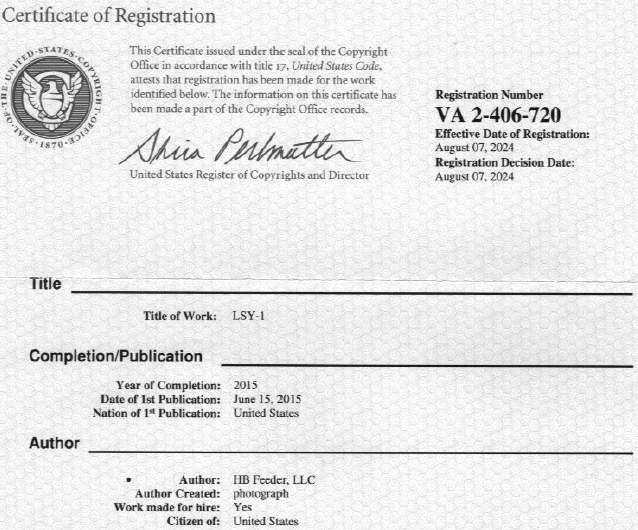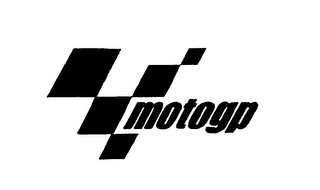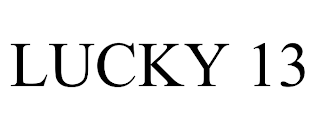Plaintiff flew too high with its $50,000 statutory damage claim for copyright infringement of its hummingbird feeder images. The court clipped damages to only $1000 per defaulting defendant. Plaintiff failed to explain why $50,000 was appropriate and reasonable in view of the four defendants’ respective profits of $253.77, $666.42, $91.44, and $226.24.

Case: HB Feeder, LLC v. P’ships Identified on Schedule A, No. 25 CV 01359, 2025 U.S. Dist. LEXIS 180111 (N.D. Ill. Sep. 15, 2025).

